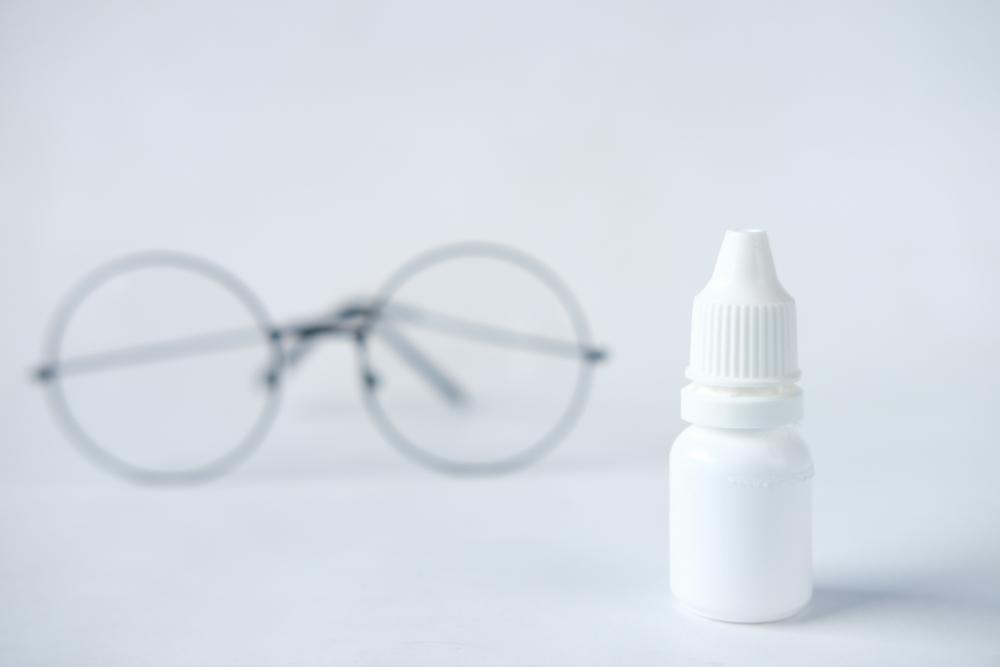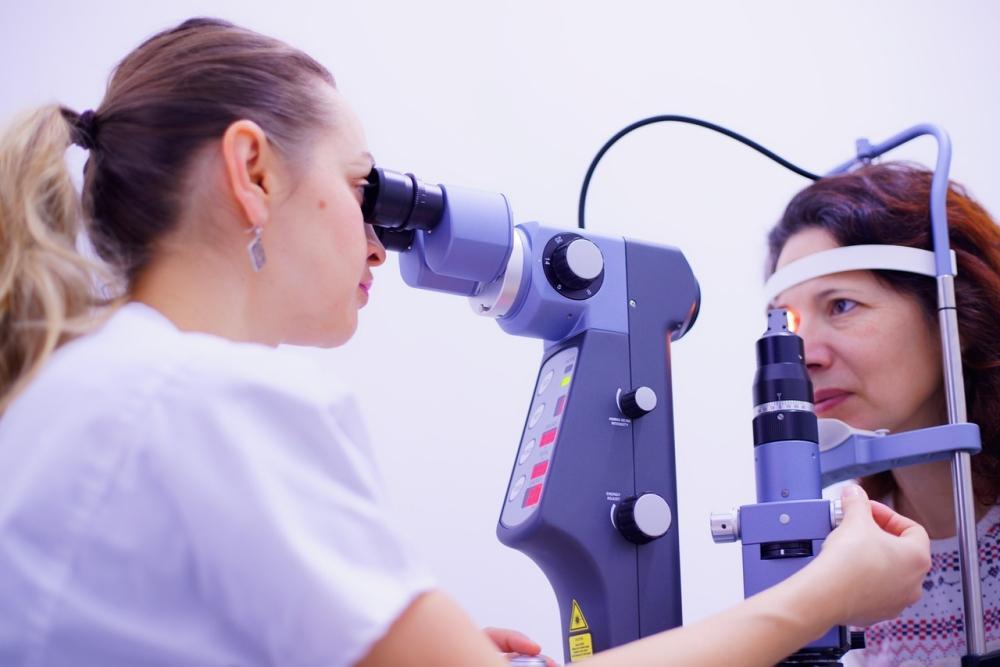The adage, “You are what you eat,” holds a special significance when it comes to our eyes. Just as a well-balanced diet fuels our bodies, it nourishes our vision. The food we consume can impact the health of our eyes and play a role in preventing cataracts, a leading cause of vision impairment. By making informed choices about your diet, you are safeguarding your eyesight for years to come.
The Science Behind Certain Foods for Eye Health
To understand how food can protect or harm your vision, you need to delve into the science behind it. Several key nutrients play a helpful role in maintaining eye health and reducing the risk of cataracts. These include vitamins A, C, and E and the dynamic duo of lutein and zeaxanthin.
Vitamins A, C, and E, often referred to as antioxidants, act as powerful shields for your eyes. They help to neutralise harmful free radicals, which are unstable molecules that can damage cells and contribute to cataract formation.
Lutein and zeaxanthin are carotenoids found in colourful fruits and vegetables. These antioxidants have a particular affinity for your eyes, accumulating in the macula and lens. They act as internal sunglasses, filtering out harmful blue light and protecting the delicate structures within your eyes.
Omega-3 fatty acids, found in oily fish and nuts, are also helpful for eye health. They help maintain the retina’s health and may reduce the risk of dry eyes, a condition that can increase the likelihood of developing cataracts.
Incorporating these key nutrients into your diet can make a difference in maintaining good eye health and reducing the risk of cataracts. A balanced diet rich in colourful fruits and vegetables, along with healthy fats from fish and nuts, is a recipe for a lifetime of clear vision.
Nutritional Strategies for Cataract Prevention
Making eye-healthy food choices is easier than you might think. A Mediterranean diet, rich in fruits, vegetables, and healthy fats, is a great starting point. This dietary pattern has been linked to a reduced risk of cataracts and other eye diseases. By embracing a rainbow of colours on your plate, you naturally incorporate a variety of antioxidants that protect your eyes.
Another helpful strategy is to focus on low-glycemic-index (GI) foods. These foods release glucose slowly into the bloodstream, helping to stabilise blood sugar levels and reduce oxidative stress in the eye. Opt for whole grains, legumes, and non-starchy vegetables over refined carbohydrates and sugary snacks.
To specifically target eye health, be sure to include these foods in your diet:
- Leafy greens: Spinach, kale, and collard greens are packed with lutein and zeaxanthin.
- Citrus fruits: Oranges, lemons, and grapefruits are excellent sources of vitamin C.
- Nuts and seeds: Almonds, walnuts, and sunflower seeds provide vitamin E and omega-3 fatty acids.
- Oily fish: Salmon, tuna, and mackerel are rich in omega-3 fatty acids.
- Carrots: These orange vegetables contain beta-carotene, which the body converts to vitamin A.
- Sweet potatoes: Another great source of beta-carotene and other antioxidants.
If you struggle to meet your nutritional needs through diet alone, supplements may be an option. However, it is advisable to consult your eye doctor or a registered dietitian at an eye care clinic to determine the right supplements and dosages for your individual needs.
Practical Dietary Tips to Support Eye Health
Incorporating eye-friendly foods into your daily meals doesn’t have to be complicated. Start by planning your meals around colourful fruits and vegetables, aiming for at least five servings a day. Include a variety of leafy greens, berries, citrus fruits, and carrots. Swap refined grains for whole grains and choose lean proteins like fish, chicken, or legumes.
Don’t forget about healthy fats! Incorporate avocados, nuts, seeds, and olive oil into your meals. These foods not only provide essential nutrients for eye health but also help your body absorb fat-soluble vitamins like A, D, E, and K.
When cooking, opt for methods that preserve the nutritional value of your food. Steaming, grilling, and baking are excellent choices. Avoid deep-frying and excessive boiling, as these can destroy valuable nutrients.
Here are a few sample meal ideas to get you started:
- Breakfast: Greek yoghurt with berries, walnuts, and a drizzle of honey.
- Lunch: Spinach salad with grilled salmon, avocado, and a vinaigrette dressing.
- Dinner: Lentil soup with whole-wheat bread and a side of roasted vegetables.
- Snacks: Carrot sticks with hummus, mixed nuts, or a piece of fruit.
You can improve your eye health by making minor changes to your diet. Every healthy choice you make is a step towards protecting your vision and preventing cataracts.
The Role of Diet in Managing Existing Eye Conditions
While a healthy diet is crucial for preventing cataracts, it can also be helpful for those already diagnosed with this condition. Research suggests that certain nutrients, such as lutein and zeaxanthin, may help slow the progression of cataracts. Even if you require cataract surgery in Singapore, maintaining a nutrient-rich diet can support your recovery and optimise your visual outcomes.
For individuals with other eye diseases like age-related macular degeneration (AMD) or diabetic retinopathy, diet plays an equally important role. A diet rich in antioxidants and omega-3 fatty acids may help slow the progression of AMD, while controlling blood sugar levels through a healthy diet is helpful for managing diabetic retinopathy.

Nurture Your Vision with Proper Food
By prioritising a diet rich in antioxidants, vitamins, and omega-3 fatty acids, you are equipping your eyes with the tools they need to fight off cataracts and other eye diseases. Incorporating eye-friendly foods into our daily meals is a simple yet powerful way to nurture our vision and maintain healthy eyes for a lifetime.
If you’re concerned about cataracts or any other eye condition, we encourage you to schedule an appointment for an eye screening in Singapore. A professional ophthalmologist can help recommend a plan to protect your vision and ensure your eyes stay healthy for years to come.

